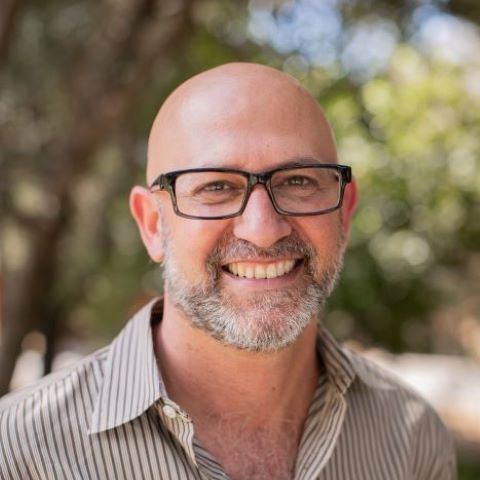Guy Grossman
Guy Grossman is a Professor of Political Science. His research is in applied political economy, with a substantive focus on governance, political accountability, international migration and trafficking, and conflict processes. He is the founder and academic director of PDRI as well as a member of the Evidence in Governance and Politics (EGAP) network and faculty affiliate of Stanford’s Immigration Policy Lab (IPL) Penn’s Center for the Study of Ethnicity, Race, and Immigration (CSERI) and Penn’s Identity & Conflict (PIC) Lab.
Grossman has designed and carried out field studies in sites across Africa, in collaboration with various international agencies, including the World Bank, the UK Department for International Development, the US Agency for International Development, and as well as with African governments and local non-governmental organizations.
Grossman’s work has appeared in the Proceedings of the National Academy of Sciences, American Political Science Review, American Journal of Political Science, International Organization, and Journal of Politics, among other journals. He holds a PhD in Political Science from Columbia University (2011, with distinction), as well as MA in Political Philosophy and LLB in Law both from Tel-Aviv University.
Selected Publications
(2023). “When Refugee Presence Increases Incumbent Support Through Development.” OSF Preprints. October 7. doi:10.31219/osf.io/94tpy.
Studies of higher-income democracies find that the growing presence of refugees has generally been met with electoral backlash, with voters punishing incumbents and increasing support for far-right parties. Yet there is a dearth of studies on the political consequences of refugee-hosting in low-income countries, where the vast majority of refugees reside. Theoretically, we discuss why findings from high-income countries may not generalize, and we offer an alternative framework rooted in the context of low-income countries. We then test our framework empirically in Uganda, one of the largest and more inclusive refugee-hosting countries. Combining information on refugee settlements with four waves of national elections data, we find that an increase in refugee presence leads to a significant increase in incumbent support. National survey data coupled with panel data on healthcare, schools, roads, and nighttime lights suggest that the mechanism is positive externalities of inclusive refugee-hosting and aid on local public goods.
(2023). “The Effects of Cellphone Coverage Expansion on Wealth and Political Behavior.” Political Science Research and Methods
Taking advantage of Ghana’s gradual extension of cellphone towers in the early 2000s, we analyze the wealth effects of cellphone coverage expansion in a developing country setting using a difference-in-differences (event study) research design. We proxy local wealth using night-time light density over 1996–2016 and an asset ownership-based index from the 2000 and 2010 censuses. We find that cellphone coverage expansion significantly r raised wealth in Ghana. We then explore possible downstream effects of cellphone coverage expansion on electoral outcomes. We find no evidence that better off citizens reward incumbents, either in presidential or parliamentary elections. Using Afrobarometer survey data, this null finding appears to be because citizens do not give the government credit for economic improvements that are due to decisions made by private telecommunications companies. Further, increases in cellphone coverage significantly decrease vote-buying, which may be due to voters being harder to buy off when they are better off.
(2023). “Can low-cost, scalable, online intervention increase youth informed political participation in electoral authoritarian contexts?” Science Advances 9, no. 26 eadf1222.
Young citizens vote at relatively low rates, which contributes to political parties de-prioritizing youth preferences. We analyze the effects of low-cost online interventions in encouraging young Moroccans to cast an informed vote in the 2021 elections. These interventions aim to reduce participation costs by providing information about the registration process and by highlighting the election’s stakes and the distance between respondents’ preferences and party platforms. Contrary to preregistered expectations, the interventions did not increase average turnout, yet exploratory analysis shows that the interventions designed to increase benefits did increase the turnout intention of uncertain baseline voters. Moreover, information about parties’ platforms increased support for the party closest to the respondents’ preferences, leading to better-informed voting. Results are consistent with motivated reasoning, which is surprising in a context with weak party institutionalization.


